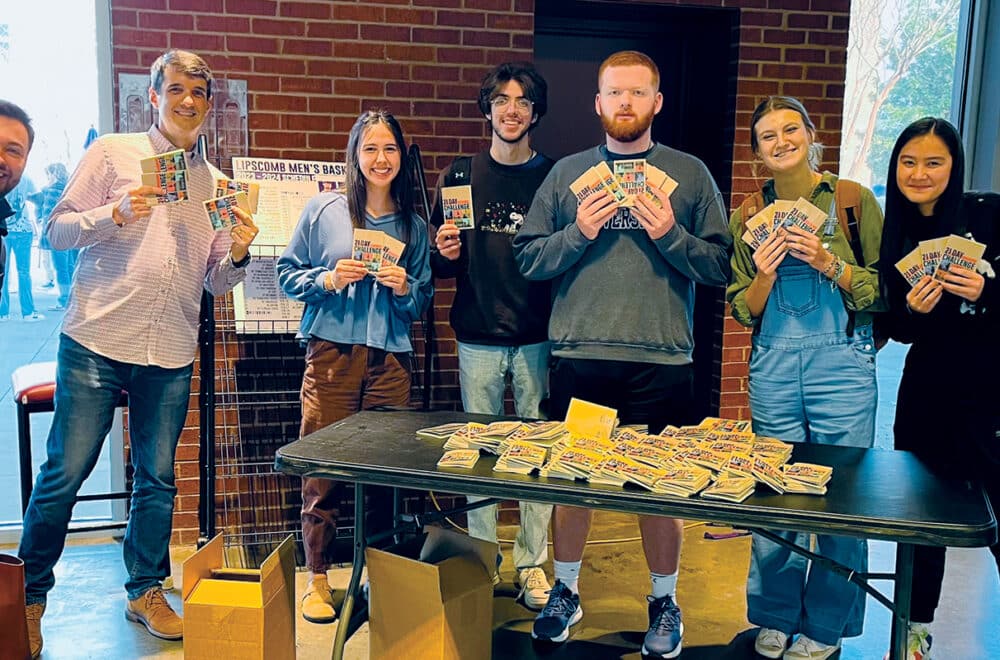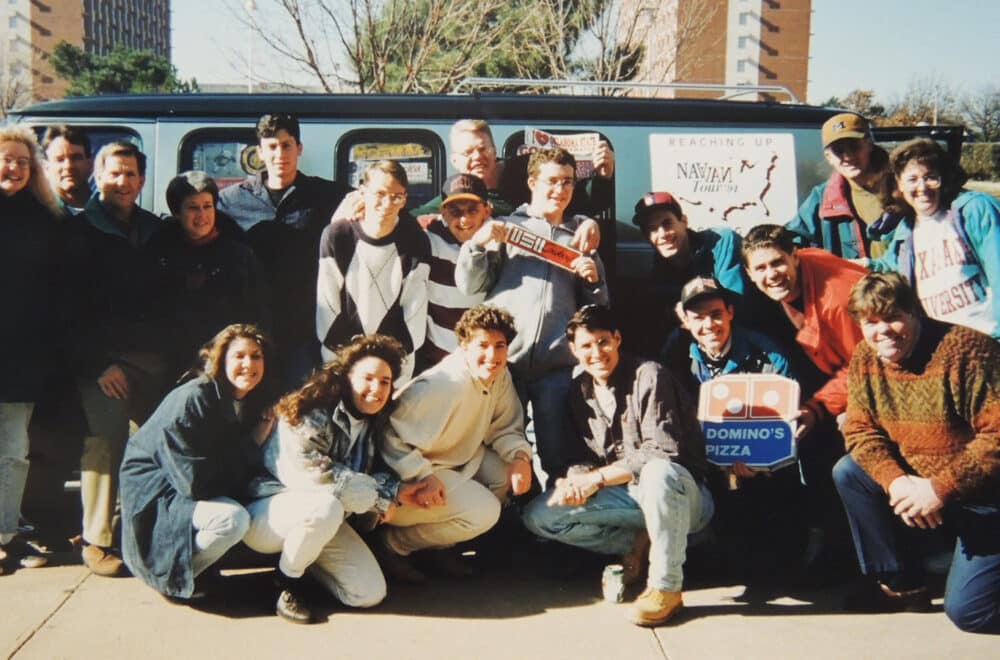When Shayna Wildermuth, assistant Collegiate Navs director in Chicago, meets with a student, she sometimes meets with the student’s parents as well. While this would be unusual for many college students, valuing family relationships is standard practice for many of the first generation immigrant students at University of Illinois, Chicago (UIC) who are living off campus with their parents. Shayna explains her approach: “As I meet with women, their parents often want to meet me. It is important for me to build trust and understand the value they place on family, which is so different from the experience of many American college students.”
UIC is one of the most ethnically diverse campuses in the United States. It is primarily a commuter campus and many students live at home with their families, taking the bus or train for a long commute. Matt Podszus, city collegiate leader, describes the resulting fragmentation: “The campus community is fragmented along many dimensions, even within the same ethnic group. For example, a first generation Indian student is different from a third generation student of Indian descent. Campus life is fragmented from home life. Because the Kingdom of God unifies people, we strive to model a multi-ethnic community that draws together rather than splintering into distinct parts. We are thrilled to display the universality of the Gospel through a community of students from diverse backgrounds.”
At the monthly Nav Night (larger student meetings for fellowship and teaching) students are invited to share a creative expression of worship, which might include a song, poem, video, painting, or other medium. This openness allows a variety of students to express their faith in God in culturally relevant ways. And the decision to have large group meetings on a monthly rather than weekly basis (as most Nav campus ministries do) is a nod to the practical reality of a commuter campus.
While there are challenges to ministry in this setting, the good news is that foundational practices such as life-on-life discipleship are effective. Shayna shares about the growth process with one student:
“I met Lee* as we were doing a spiritual interest survey and giving out hot chocolate on a cold day. When we met for follow up, I asked if I could share my story and if she would share her story. I shared about how God has brought me healing and redemption through some very broken parts of my past, then she started pouring out her own deep hurt and pain and started weeping. She thought of God as angry. I suggested that perhaps the Jesus she had heard about was different from the Jesus in the Bible and invited her to start reading the Bible with me. She agreed. Recently we were talking about the Gospel and she shared that she has accepted the truth of Jesus for herself. God is bringing healing to her heart.”
As the campus ministry at UIC continues to grow, so do the opportunities to share the Gospel. Last year during a student leader retreat, Matt challenged student leaders to step up and carry the vision for outreach and discipleship. He encouraged them each to prayerfully invest in one student to disciple and one student who didn’t yet follow Jesus. The students latched onto the simplicity of this approach.
A week after this challenge, John*, one of the student leaders who is on the track team received a surprising text from one of his teammates. The teammate asked, “You are a Christian, right? How would you feel about reading the Bible with me on a weekly basis?”
Excitedly, John texted the rest of the group, sharing how God was already answering this prayer!
“Because the Kingdom of God unifies people, we strive to model a multi-ethnic community that draws together rather than splintering into distinct parts.”
*Names changed.




By commenting, you agree to our Code of Conduct.